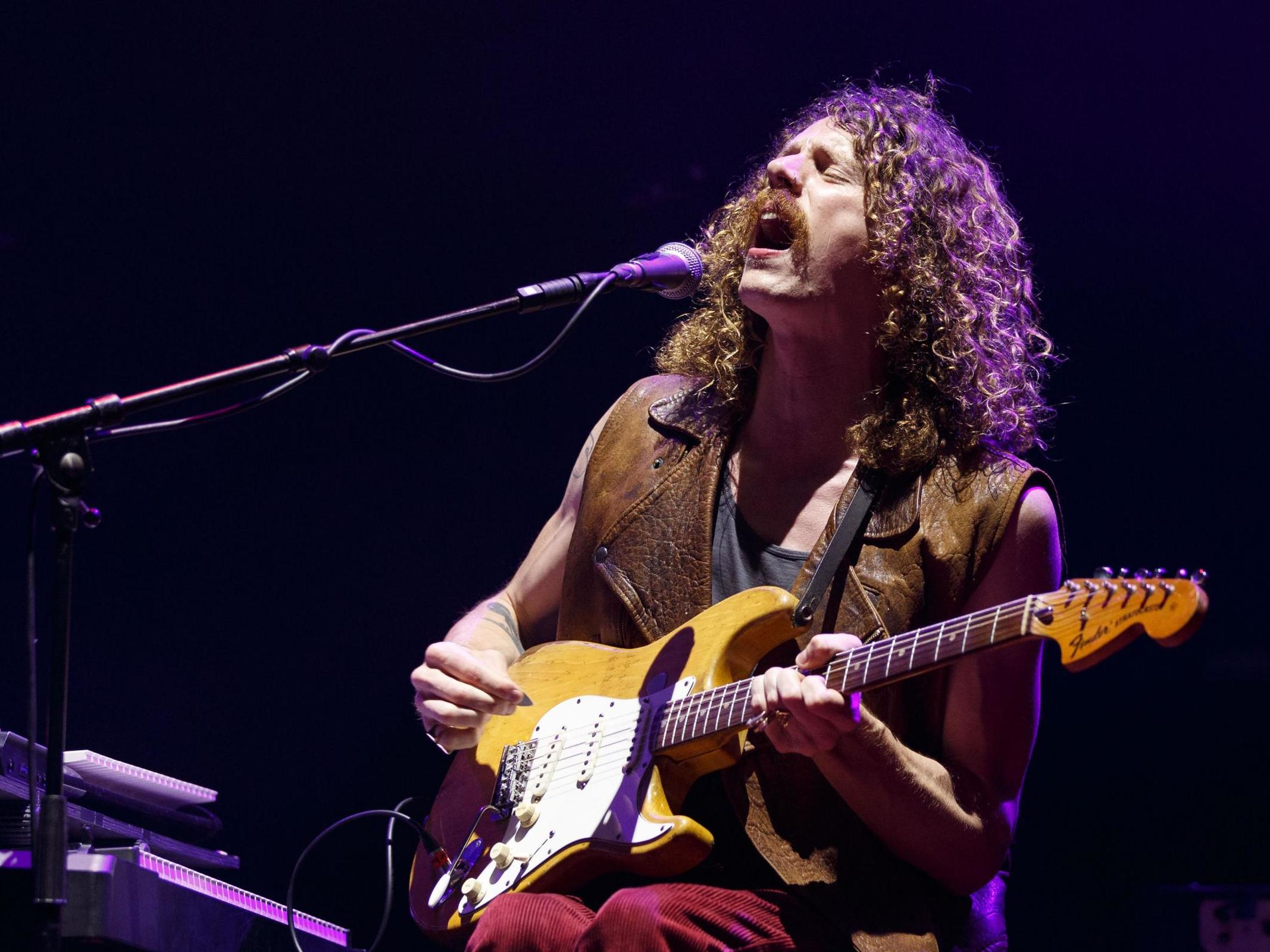Disabled musicians are being 'seriously failed' by UK venues, survey finds
70 per cent of musicians said they kept their disability hidden out of fear of it damaging their relationship with a venue or promoter

Disabled musicians are not being provided with proper access and facilities at live music venues in the UK, a survey has found.
Attitude is Everything asked nearly 100 deaf and disabled artists about their experiences, and found that 70 per cent had kept their disability hidden out of concern for it damaging their relationship with a venue, promoter or festival.
One fifth said they had been forced to cancel gigs altogether due to lack of access, while two thirds said they had to “compromise their health or wellbeing” to perform live.
“I would never perform if I did not force myself up and down more flights of stairs in one night than I would comfortably navigate in a month,” one anonymous musician wrote.
Another revealed that venue staff had suggested the “totally inappropriate” idea that they could be carried after being confronted with accessibility issues
Blaine Harrison, frontman for the indie band Mystery Jets, described the findings as “absolutely heartbreaking … Making a living from music is tough enough. But for musicians with access requirements, it can be even tougher.”
“Europe is generally better in terms of access,” the musician, who has spina bifida, added. “And even if they don’t have access, they have a lot more guilt about it. And that means something to me.
“I feel like in the UK, some venues feel like they’re doing you a favour just by putting you on. The music industry has got to step up and make serious changes”
Join our commenting forum
Join thought-provoking conversations, follow other Independent readers and see their replies
Comments
Bookmark popover
Removed from bookmarks